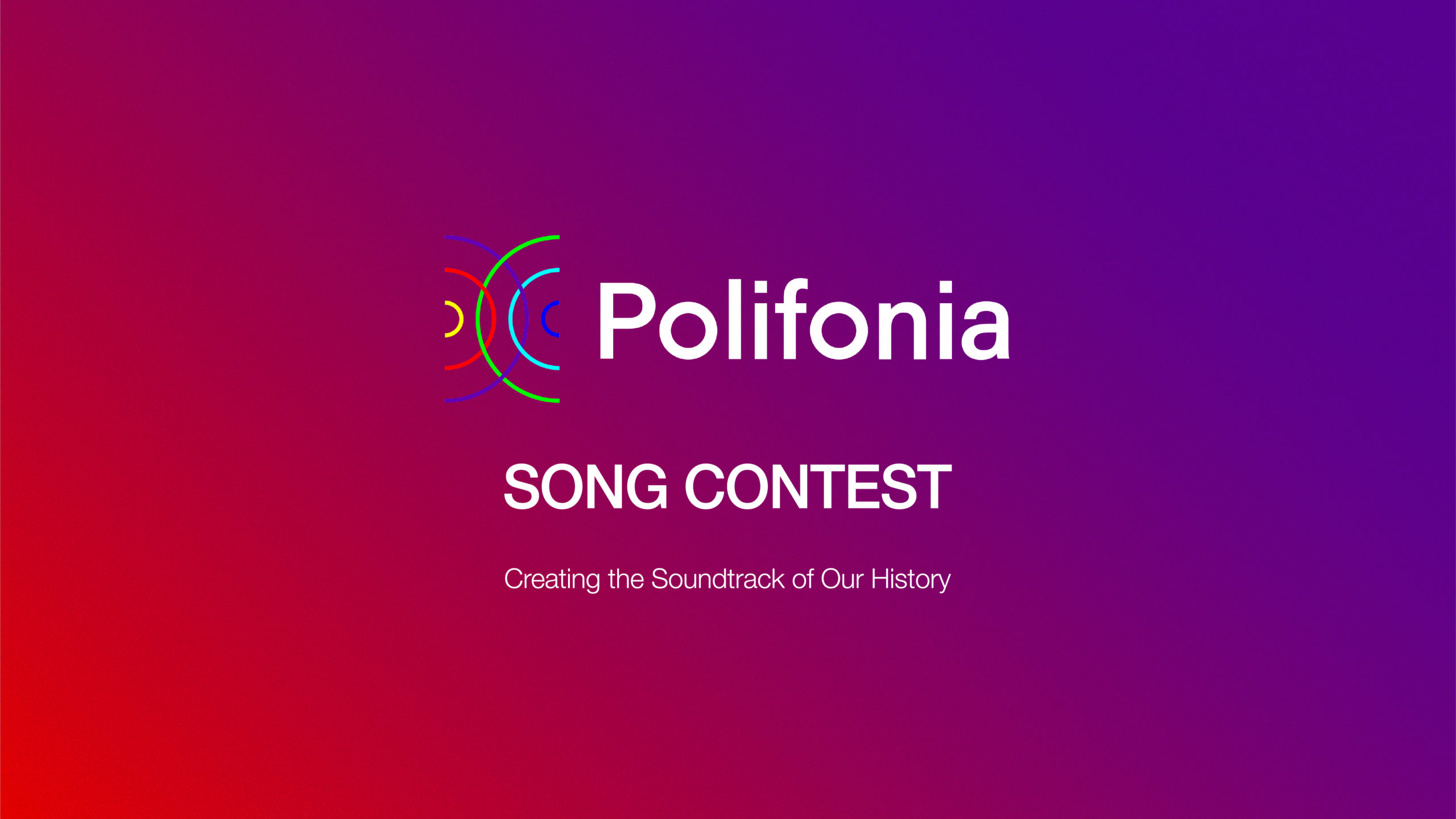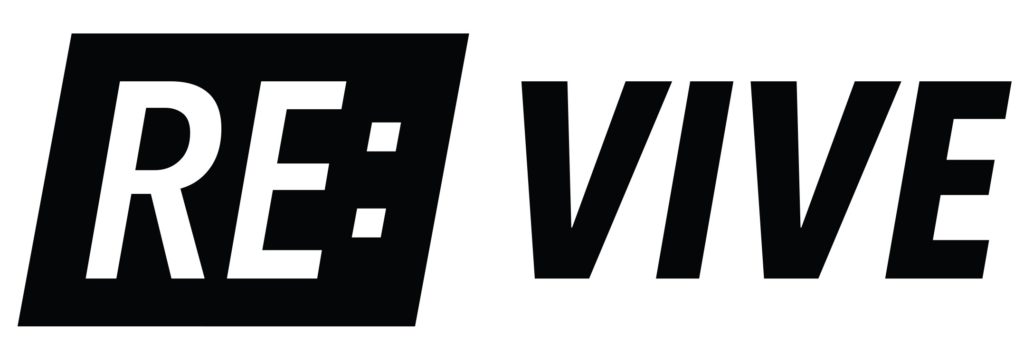Polifonia Song Contest: create the 'Soundtrack of Our History' and win €500
Are you the type of musician that is inspired by old sounds, such as cheerful Irish folk melodies, the majestic resonance of pipe organ concerts, and the timeless chimes echoing from century-old Italian bell towers? Then ‘Polifonia Song Contest’ is your challenge!

Are you the type of musician that is inspired by old sounds, such as cheerful Irish folk melodies, the majestic resonance of pipe organ concerts, and the timeless chimes echoing from century-old Italian bell towers? Then ‘Polifonia Song Contest’ is your challenge!
While Europe is currently captivated by the Eurovision Song Contest, we challenge you to go one step further and actively engage with our shared European musical heritage. In collaboration with RE:VIVE – a Dutch project supporting the reuse of audiovisual heritage in new musical contexts – the musical heritage project Polifonia presents a Sample+MIDI pack to encourage you to create the ultimate ‘soundtrack of our history’.
Starting April 8 and closing on May 6, we challenge you to create a track between 2.5 and 5 minutes that contains 2 or more of these sample/MIDI files. A jury with a professional as well as amateur background in music will judge the songs before May 11.
Are you ready to hit that “douze point” and win €500? Then download the sample pack now from the RE:VIVE website and submit your track here before May 6.
Rules, terms & conditions (please read before entering the contest)
More information
Background story sample pack
This curated set of samples offers a diverse exploration of traditional music from various European backgrounds. It includes 30 MIDI files featuring traditional Irish folk tunes from the Ceol Rince na hÉireann collection collected by Breandán Breathnach, reflecting the vibrant dance rhythms and instrumental richness of Irish culture. Additionally, the pack offers 33 recordings of traditional bells from churches in Italy’s Liguria region, showcasing the enduring craftsmanship and resonance of bell casting. Lastly, the selection includes 14 samples of pipe organ performances from the Muziekopnamen Zendgemachtigden (MOZ) collection, capturing classical music concerts broadcasted on Dutch public TV and Radio stations from the 1950s, highlighting the enduring prominence of the organ in classical repertoire.
Jury
The contest follows the Eurovision jury-only voting system: the song that manages to receive the most 12 points has a chance to win. The jury panel consists of:
- Valentina Presutti computer scientist & coordinator Polifonia
- Antònia Folguera digital arts and culture festival curator (Sónar, Eufònic) & Polifonia advisory board member
- Gregory Markus founder RE:VIVE, studio manager & musician
- James McDermott music technology researcher (e.g.Polifonia) & musician (piano, guitar, vocals, songwriting)
- Emily Peppers musicologist & musician (classical, rock, folk, electric violin)
- Rosario Arquero-Avilés university teacher, researcher (.e.g IDEA Lab research group) & musician (flute)
- Rodolfo Delmonte computational linguistic expert & musician (guitar)
- Daniel Antal music data scientist
- Miles Niemeijer historian & music advisor at Podiumkunst.net/Nederlands Jazz Archief
- Roosmarijn de Groot open data specialist & musician (guitar & ukulele)
- Vasiliki Sirakouli music anthropologist
- Wytze Koppelman curator culture & entertainment
Polifonia
Polifonia is a project funded by the EU’s Horizon 2020 program, running from January 2021 to April 2024, to recreate the connections between music, people, places and events from the sixteenth century to the present. This data will be available to everyone as an interconnected database on the Web – a knowledge graph – and will enhance our understanding of Europe’s musical heritage. In addition, using AI and music information retrieval (MIR) techniques, the pilots are also building tools for professionals to help analyze large sets of music data.

RE:VIVE
RE:VIVE is a long-standing initiative from the Netherlands Institute for Sound & Vision, the national media archive of The Netherlands focused on the reuse of audiovisual heritage in new musical contexts. Started in 2015, RE:VIVE has facilitated countless projects on sound design and sound sculpting, transforming archival sounds into new compositions. Artists can do this by using the RE:VIVE Sample Packs of sounds curated from different archives around the world who make their sounds and collections open as public domain or different Creative Commons licenses.










